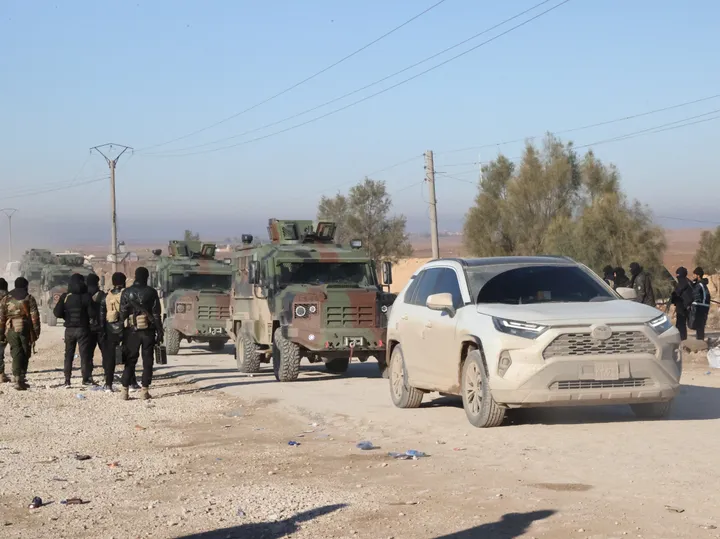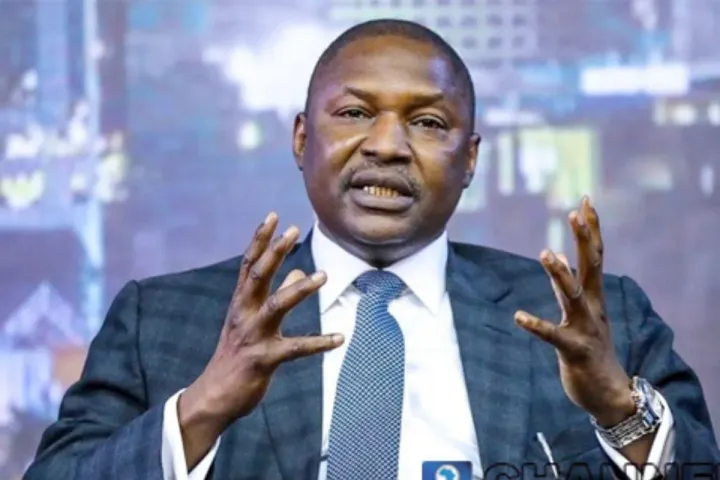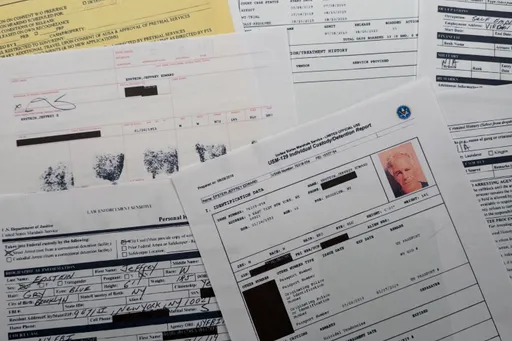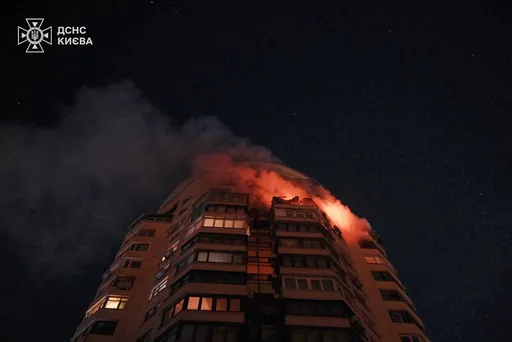Tents have replaced houses, high-rises and other essential building in Gaza where Israeli bombardment has left many families homeless, without a source of income and ridden with doubt that immediate or long-term help is round the corner.
The United Nations appealed late on Thursday for $95 million to help Palestinians over the next three months in Gaza as well as the West Bank, including East Jerusalem, after 11 days of the worst violence in the region in years.
Lynn Hastings, UN Humanitarian Coordinator for the Palestinian territories, said the United Nations was currently looking at immediate aid needs and would then assess the longer-term damage and how much might be needed for reconstruction.
She said the appeal launched on Thursday was to address "very immediate needs," such as food, health, medicine, medical supplies, quick repairs to infrastructure and cash assistance.
On top of the appeal, the United Nations has also already released $22.5 million from other funds to help meet needs.
Palestinians in the enclave blockaded by Israel have already received some pledges of financial help for reconstruction after 11 days of fighting. Egypt, which helped to mediate a truce that started on Friday, promised to allocate $500 million.
Separately, Qatar has said it will provide $500 million to help rebuild Gaza, while the United States pledged an additional $75 million in development and economic aid to the Palestinians in 2021, $5.5 million in immediate disaster relief for Gaza and $32 million to the UN Palestinian aid agency based there.
But more of these are part of longer-term plans to rebuild what Israel razed down.
Palestinian officials put reconstruction costs at tens of millions of dollars in Gaza, where medical officials said more than 250 people were killed, mostly in Israeli air strikes, during the 11 days of fighting. Medics said rocket fire killed 13 people in Israel during the hostilities.
Gaza's housing ministry said 1,500 housing units were completely destroyed, another 1,500 housing units had been damaged beyond repair and 17,000 others suffered partial damage. A ministry official put the cost of rebuilding homes at $150 million.
The official said 2,000 housing units destroyed in previous armed conflicts have yet to be rebuilt. Rebuilding them would cost another $200 million, he said.
The United States help comes with strings. It said Hamas, which runs Gaza and hit Israel with rockets the 11 days, must not have a role in the rebuilding process. Gaza Hamas chief Yehya Sinwar said his group would not be an obstacle.
READ MORE:Gaza rising from the ashes: The cycle of construction and destruction
READ MORE: UN chief urges end to Israel assault as Gaza ‘hell on earth for children’
In Beit Lahiya, where heavy Israeli air strikes hit, children played among the wreckage of homes. Adults drank tea on broken furniture.
Banners carried the names of the bereft homeowners. A sign bore the names of four children, two women and two men killed in the bombing.
Abdallah Zawaraa and his family survived one such strike, on May 13. The 23-year-old barber, his mother and siblings were visiting relatives when their house was reduced to rubble.
"After the bombardment, we have no place to stay except the tent," he said, saying the family was looking for a house to rent.
Citing stories of Palestinians whose homes have yet to be rebuilt following the Gaza wars of 2014 and 2008-9, Zawaraa added: "I've become worried, and I am terrified."
Witnesses said 30 Israeli air strikes hit the area during the fighting.
"I raised my children in this house. We have a lot of memories. The house may return, but memories can't," Zawaraa's mother Amena said.
In Gaza City, Zeyad Dahman, a retired public official whose house had been destroyed in 2014 and has not yet been rebuilt, said he could feel for the new victims.
"I hope the issue will be resolved soon and that the people whose houses were destroyed will not go through the same suffering we have had to endure for many years," said Dahman.
READ MORE:The many faces of Israeli apartheid























